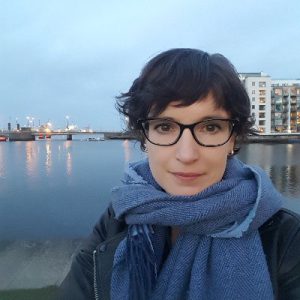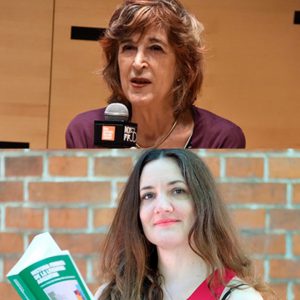-
-
Poster 2026
Global Translation Flows research line. Our goal is to trace global translation flows and the agents involved in this circulation within a digital humanities and gender perspective. Read
-
Global Novel research line. Our goal is to investigate the transformations of the contemporary novel in its articulations across Europe and the world. Read
-
Global Literary Environments research line. Our goal is to address spaces as a key factor for the understanding of early modern and contemporary scientific and literary production. Read
-
Global Cinema research line. Our goal is to propose a decentered, political, ethical and gender perspective to cinema history to rewrite film histories from multiple situated perspectives. Read
-
Global Social Imaginaries research line. Our goal is to explore the traces of imaginaries of the future in global literature as well as in cinema and other cultural realms. Read





